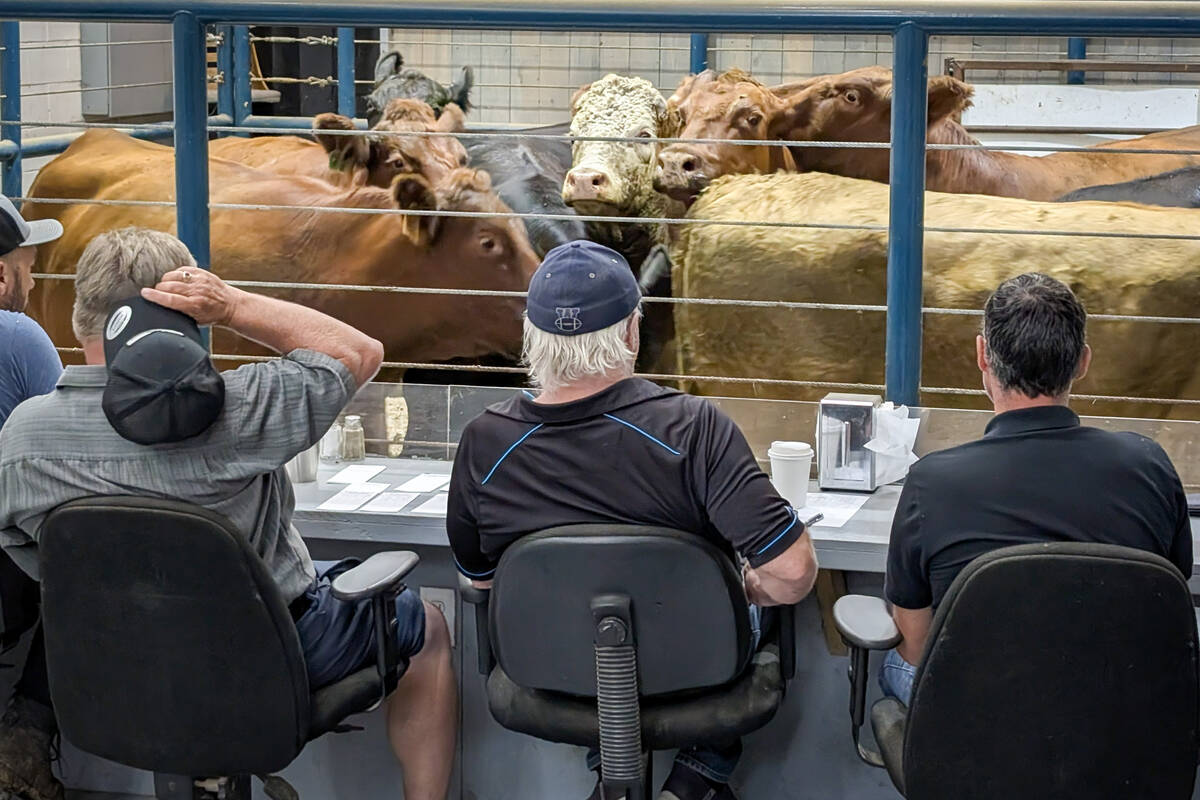Ontario farmers generating power for the provincial grid through roof-mounted solar panels, small ground-mounted panels or biogas digesters won’t face added property taxes on those installations.
The province on Wednesday announced "additional categories" of property tax assessment based on the size and location of privately-owned systems generating and selling power through its FIT and microFIT programs.
The microFIT program, overseen by the Ontario Power Authority, has been meant to encourage farmers and farm co-operatives, among others, to own and develop small renewable-energy projects.
Read Also

U.S. livestock: Cattle rally, hogs slide
Chicago cattle futures regained a ground on Monday to maintain a fairly level trajectory after last week’s fall.
Amendments made this week to the province’s Assessment Act are meant to "provide greater clarity and introduce new rules governing the property tax treatment of renewable energy installations," the province said in a release.
For example, the province said, a property’s assessment and tax classification "will not change due to the addition of a renewable energy installation on the rooftop of a building."
Small-size ground installations, with a generation capacity up to 10 kilowatts, "will not experience an increase in assessment or a change in tax classification," the province said.
Medium-size ground installations, with capacity over 10 but under 500 kW, would be taxed based on the surrounding land use, such as agricultural, residential, multi-residential or commercial.
Large ground installations (over 500 kW capacity), meanwhile, are to be taxed based on the surrounding land use for the proportion of assessment up to 500 kW, and at the industrial rate for the proportion over 500 kW, the province said.
Also, any biogas system — a facility producing methane and carbon dioxide through anaerobic digestion — that’s located on a farm, and operated by the farmer, will be taxed at the farm rate, regardless of the biogas system’s generating capacity.
By comparison, any land, buildings or structures for "professional generation" by a corporate power producer are to be assessed and taxed at the industrial rate.
"These changes will help ensure that property tax assessment does not discourage property owners from contributing to a green energy system that supports a cleaner environment and healthier families," provincial Finance Minister Dwight Duncan said in the province’s release.
















